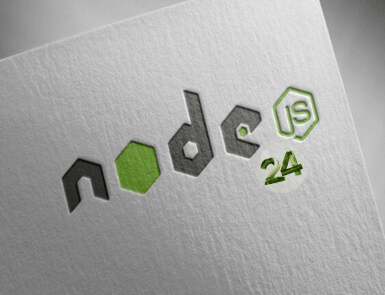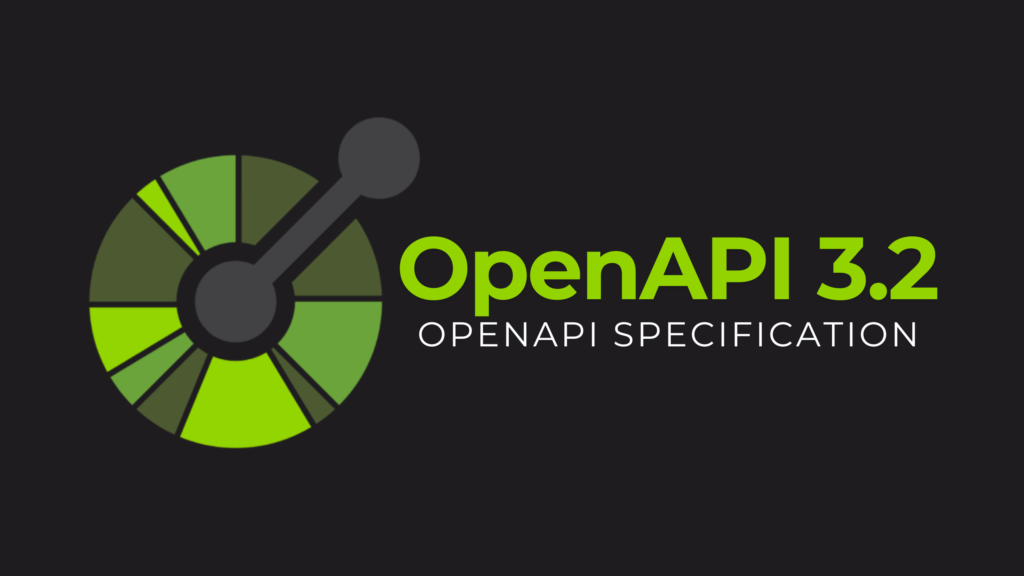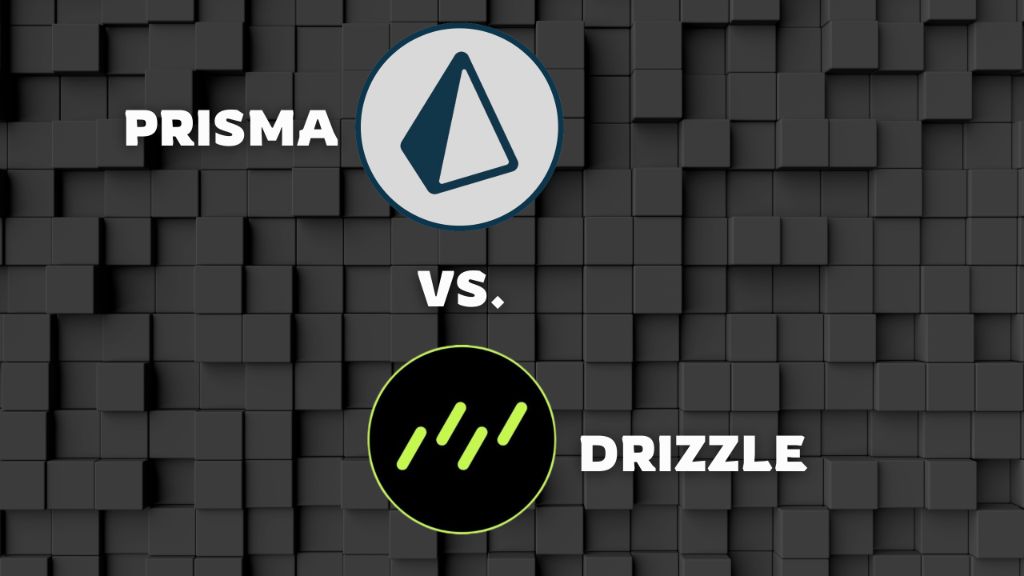
Node.js, the renowned open-source JavaScript runtime, has released its latest version, Node.js 24. With every new release, it continues to become faster, more scalable, and secure. Launched in May 2025, Node.js 24 introduces a range of features that meet the modern needs of developers.
Let us explore the latest improvements and additions in this release.
New Features in Node.js 24
Node.js 24 features major improvements in performance, scalability, and developer experience. Below is what you can look forward to when upgrading.
1. Upgraded Engine
Node.js 24 runs on the V8 v13.6 engine. It unlocks a range of advanced JavaScript capabilities. One notable addition is Float16Array, which improves memory efficiency in numerical operations. This is particularly beneficial for tasks like machine learning and graphics. The engine upgrade also ensures faster execution for many JavaScript operations.
2. Improved ESM (ECMAScript Module) Support
Node.js 24 offers enhanced support for ECMAScript Modules (ESM). It makes it easier for developers to work with JavaScript’s modern module system.
With native ESM support, developers can seamlessly interoperate between ESM and CommonJS without the need for complex transpilation. The update also supports the use of dynamic import() for asynchronous module loading, along with smooth handling of both .mjs and .js files.
These improvements simplify the migration from CommonJS and boost compatibility with leading JavaScript tools.
3. Enhanced Performance
Another major improvement you notice in Node.js 24 is its performance. This new version uses less memory, which in turn reduces startup time. Additionally, it offers improved WebAssembly support, faster JavaScript execution, and efficient garbage collection.
Node.js 24 is also suitable for projects with strict latency requirements. Users experience negligible cold starts even for microservices and serverless functions.
4. Native Fetch API Support
Node.js 24 provides support for the native Fetch API, bringing browser-like HTTP request capabilities straight into the runtime. Now users do not need to rely on external packages like Axios or node-fetch to perform network requests. This ensures better compatibility between client-side and server-side JavaScript environments.
5. Global URL Pattern
Previously, developers had to juggle between Node.js and browsers when implementing URL pattern matching across different environments. Node.js 24 addresses this with the introduction of the URLPattern API. The API lets developers match and parse URLs using a straightforward pattern syntax. Since it works seamlessly in both browsers and Node.js 24, the same routing code can now be used on the server and in the browser without modification.
6. Stable Built-in Test Runner
Node.js 24 features an upgraded built-in test runner that enables fast and efficient testing. It supports modern JavaScript features, mocking, subtests, and asynchronous tests.
Web developers do not need to rely on external libraries like Mocha or Jest anymore. The test runner offers a comprehensive set of assertion methods and built-in coverage reporting.
7. Windows Build System Revamp
Node.js 24 requires ClangCL instead of MSVC (Microsoft Visual C++) on Windows for building. It boosts build consistency with other platforms, modernizes the toolchain, and unlocks optimization opportunities.
Now users can benefit from a more unified and maintainable build process across different operating systems.
8. Consistent Web Streams APIs
Node.js 24 comes with stable Web Streams APIs, offering a consistent, browser-compatible interface for handling streaming data. The API is useful for managing large datasets effectively, such as real-time data processing, file uploads, downloads, and more.
Web Streams allow developers to consume and generate data without storing it all in memory, optimizing efficiency for I/O-intensive applications.
9. Diagnostics & Debugging
Node.js 24 comes with error diagnostics and debugging tools. Developers get clear error reporting, expanded stack, and numerous performance profiling tools.
This new version streamlines troubleshooting and makes maintenance of a production-grade application quick and organized.
Node.js JavaScript runtime enables users to optimize code with minimal overhead. They can also easily identify bottlenecks and trace issues.
Final Words
Considering its features, it would be right to mention that this new version of Node.js has taken a significant leap in terms of improvements. It reduces developers’ dependency on third-party tools for tasks like testing and code maintenance.
With features like native WebSocket support, built-in test runner, and URLPattern API, Node.js 24 helps you write clean, consistent, and future-proof code across your entire stack.
All in all, whether you are building an API or a large-scale real-time platform, Node.js 24 can meet your needs.







